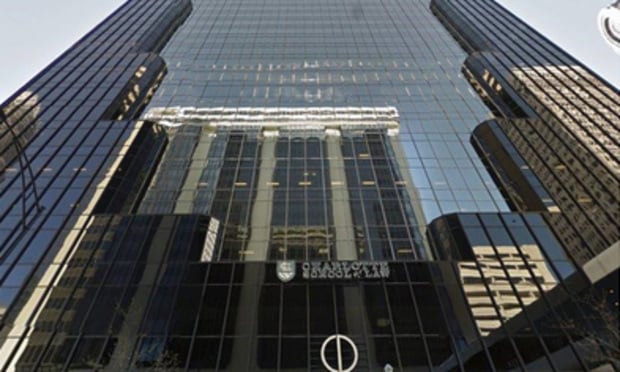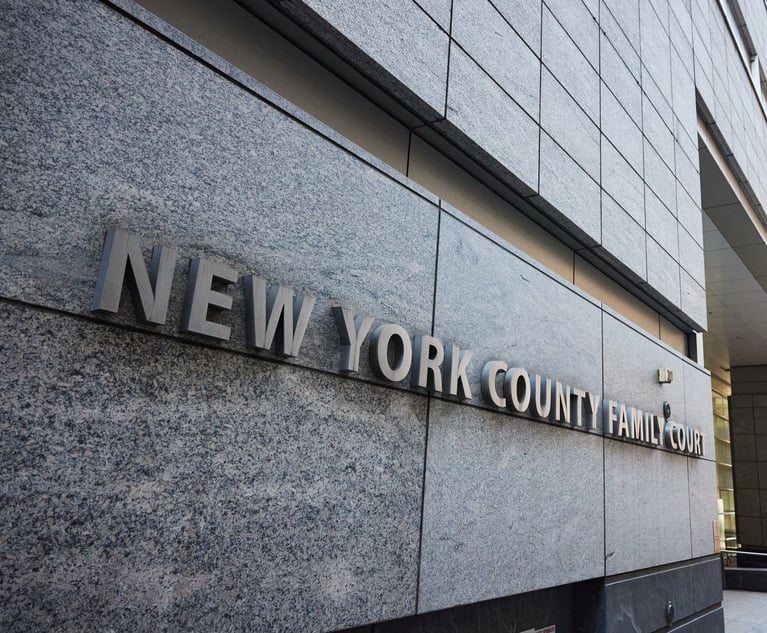A federal judge approved a $2.65 million class action settlement between the now-closed Charlotte School of Law and former students, over the objections of some plaintiffs who said that amount is far too low.
Judge Graham Mullen of the U.S. District Court for the Western District of North Carolina signed off on the settlement Jan. 16 following a two-day hearing, potentially ending two years of litigation over Charlotte School of Law’s slow demise.
This content has been archived. It is available through our partners, LexisNexis® and Bloomberg Law.
To view this content, please continue to their sites.
Not a Lexis Subscriber?
Subscribe Now
Not a Bloomberg Law Subscriber?
Subscribe Now
LexisNexis® and Bloomberg Law are third party online distributors of the broad collection of current and archived versions of ALM's legal news publications. LexisNexis® and Bloomberg Law customers are able to access and use ALM's content, including content from the National Law Journal, The American Lawyer, Legaltech News, The New York Law Journal, and Corporate Counsel, as well as other sources of legal information.
For questions call 1-877-256-2472 or contact us at [email protected]

 Charlotte School of Law in Charlotte, North Carolina.
Charlotte School of Law in Charlotte, North Carolina.








